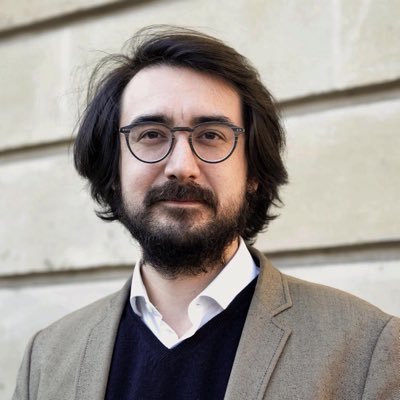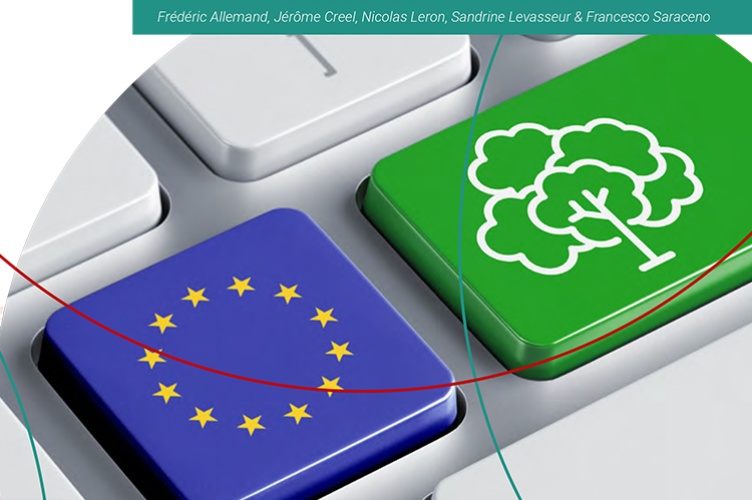PublicationNew study proposes to make NGEU a permanent tool
In their policy study on the sustainability of Next-Generation EU, Jérôme Creel and his co-authors propose to target a new instrument to finance European public goods without changing European treaties, by backing it up with a European Public Investment Agency.
Jérôme Creel, who had already pleaded to build on the Next Generation EU (NGEU) programme (which was developed to deal with the medium- and long-term consequences of the Covid-19 crisis) and transform it into a permanent budgetary entity, has done it again: With his co-authors, he opens up in Making Next-Generation EU a permanent tool the possibility of a “major political leap, as important as the single currency was.”
Transforming NGEU into a permanent programme offers an opportunity to fix this depoliticisation of EU policies and open a window for a breakthrough to a ‘political Europe’.
They claim that with a permanent NGEU, Europeans could decide to allocate for themselves a share of the common wealth drawn from the immense private profits made from the internal market.
A permanent tool may fulfil three separate purposes:
- Supporting growth and resilience-oriented reforms in the member states
- Creating a central fiscal capacity for macroeconomic stabilisation purposes
- Creating a central fiscal capacity to finance the provision of EU public goods
In their policy study, the authors argue that only the production of European public goods financed by a truly European tax system, not by national contributions, would enable the creation of a genuinely democratic basis for the EU. It would be a further step in the European integration process that would permit the EU to face urgent challenges.
Revising existing treaties is not necessary
A permanent tool could be established either by the revision of treaties or by the establishment of new intergovernmental arrangements (on the blueprint of the European stability mechanism). In this latter respect, they propose the creation of a European Public Investment Agency capable of planning investment projects and implementing them, in cooperation with member states.
“The debate on a central fiscal capacity should be led in parallel to the reform of the Stability and Growth Pact to ensure that fiscal space is created in the EU,” they add.
Authors
 Frédéric Allemand Research Fellow at Robert Schuman Institute, Scientific coordinator and manager of the RESuME (Resources on the European socio-economic model) project at the University of Luxembourg
Frédéric Allemand Research Fellow at Robert Schuman Institute, Scientific coordinator and manager of the RESuME (Resources on the European socio-economic model) project at the University of Luxembourg Nicolas Leron Deputy Secretary General of the François-Mitterrand Institute
Nicolas Leron Deputy Secretary General of the François-Mitterrand Institute Sandrine Levasseur Economist at OFCE-Sciences Po
Sandrine Levasseur Economist at OFCE-Sciences Po Francesco Saraceno Deputy Department Director at OFCE-Sciences Po
Francesco Saraceno Deputy Department Director at OFCE-Sciences PoCampuses
